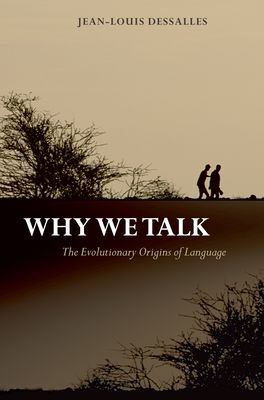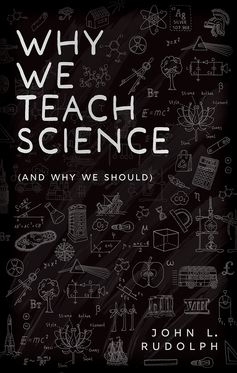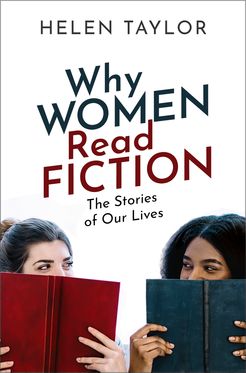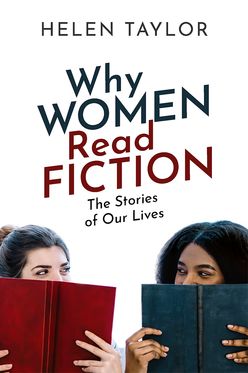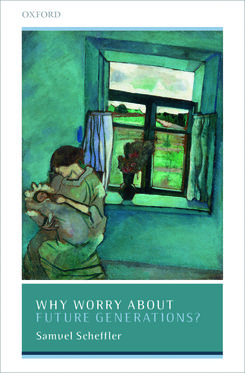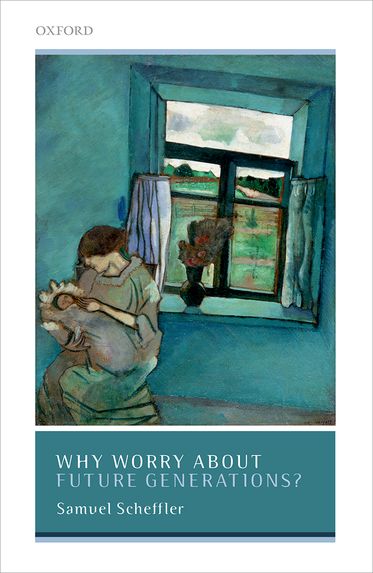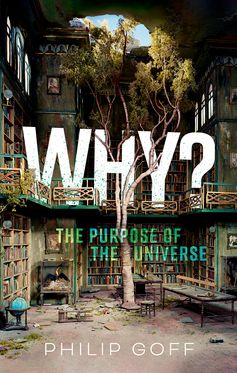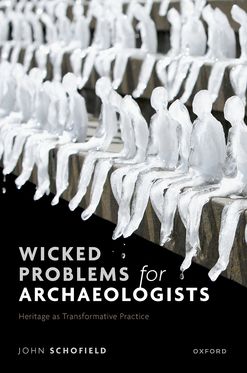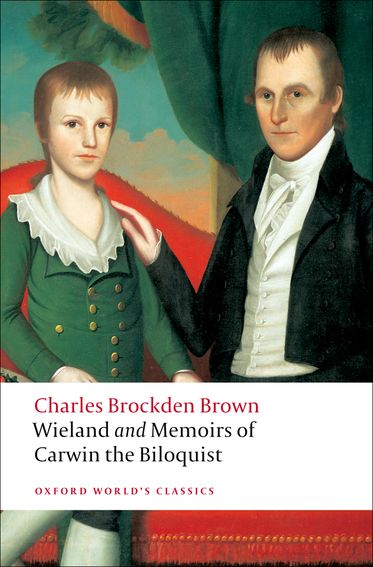You have no items in your shopping cart.
Filter by attributes
- Audience
Oxford University Press
Why We Talk
Constant exchange of information is integral to our societies. Jean-Louis Dessalles explores how this came into being. He develops a view of language as an instrument for conversation rather than mental representation and thought. Presenting language evolution as a natural history of conversation, the author sheds light on the emergence of communication in the hominine congregations, as well as on the human nature.
$174.95
Why We Teach Science and Why We Should
In Why We Teach Science (and Why We Should), former high school teacher and historian of science education John L. Rudolph examines the reasons we've long given for teaching science and assesses how they hold up to what we know about what students really learn.
$51.95
Why Women Read Fiction
Written by a leading academic and broadcaster and drawing on interviews with readers, writers, reading groups, bookshop owners, librarians, and figures from literary publishing, reviewing, and festivals, this accessible volume offers an overview of the contemporary scene of women's novel-reading.
$37.95
Why Women Read Fiction The Stories of Our Lives
Written by a leading academic and broadcaster and drawing on interviews with readers, writers, reading groups, bookshop owners, librarians, and figures from literary publishing, reviewing, and festivals, this accessible volume offers an overview of the contemporary scene of women's novel-reading.
$28.95
Why Worry About Future Generations?
Why should we care what happens to future generations? Samuel Scheffler argues that we are more invested in the fate of our descendants than we may realize. Implicit in our own attachments are powerful reasons for wanting the chain of human generations to persist into the indefinite future under conditions conducive to human flourishing.
$41.95
Why Worry About Future Generations?
Why should we care what happens to future generations? Samuel Scheffler argues that we are more invested in the fate of our descendants than we may realize. Implicit in our own attachments are powerful reasons for wanting the chain of human generations to persist into the indefinite future under conditions conducive to human flourishing.
$60.95
Why? The Purpose of the Universe
Why are we here? What's the point of existence? For those who are unsatisfied by the answers of traditional religion, and equally by the lack of answers from atheism, Philip Goff opens up a path between the two. He argues for cosmic purpose: the idea that the universe is directed towards certain goals, such as the emergence of intelligent life.
$33.95
Wicked Problems for Archaeologists Heritage as Transformative Practice
Can archaeologists help solve the 'Wicked Problems' that the world faces, such as climate change, conflict resolution, and social injustice? This book suggests that they can, but that it requires them to think about archaeology in an entirely new way.
$63.95
Wieland; Or the Transformation, and Memoirs of Carwin the Biloquist
One of the earliest American novels, Wieland (1798) is a thrilling tale of suspense and intrigue set in rural Pennyslvania in the 1760s. Based on an actual case of a New York farmer who murdered his family, the novel employs Gothic devices and sensational elements such as spontaneous combustion, ventriloquism, and religious fanaticism. The plot turns on the charming but diabolical intruder Carwin, who exercises his power over the narrator, Clara Wieland, and her family, destroying the order and authority of the small community in which they live. Underlying the mystery and horror, however, is a profound examination of the human mind's capacity for rational judgement. The text also explores some of the most important issues vital to the survival of democracy in the new American republic. Brown further considers power and manipulation in his unfinished sequel, Memoirs of Carwin the Biloquist, which traces Carwin's career as a disciple of the utopist Ludloe.
$22.95

